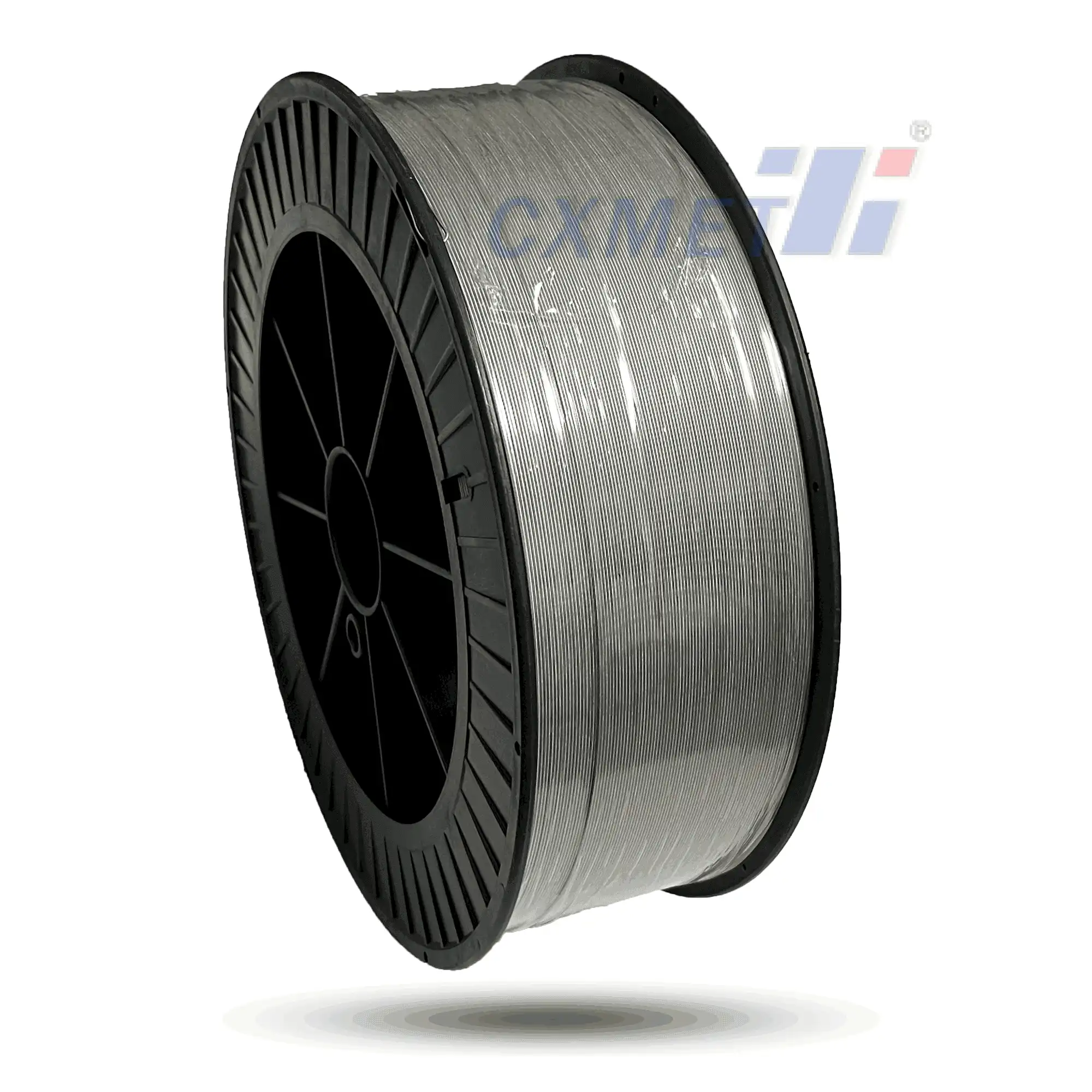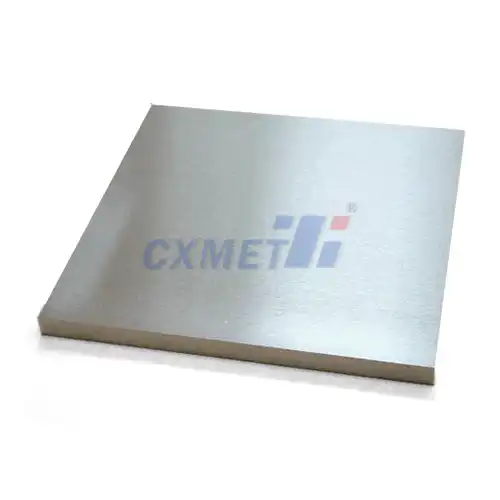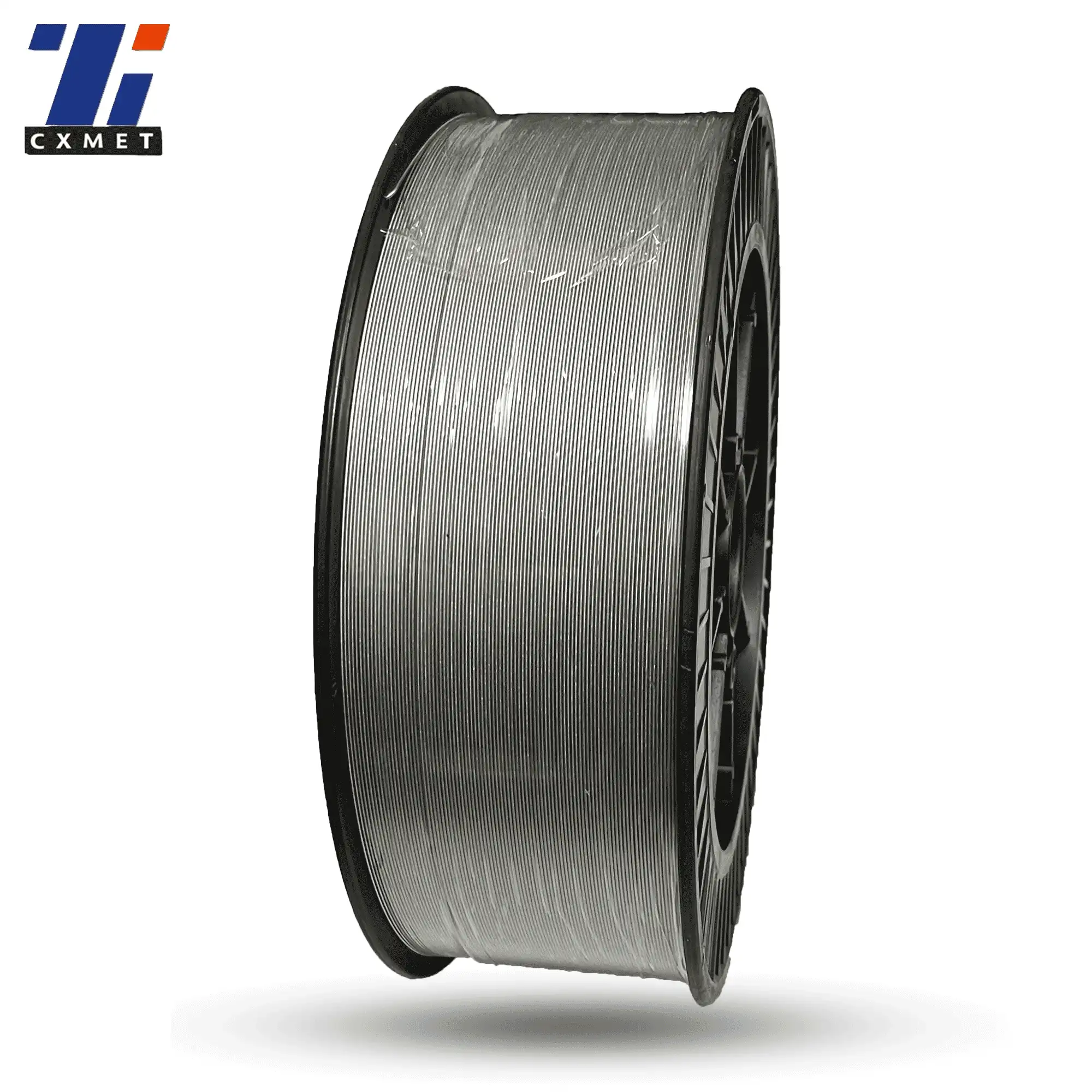- English
- French
- German
- Portuguese
- Spanish
- Russian
- Japanese
- Korean
- Arabic
- Greek
- German
- Turkish
- Italian
- Danish
- Romanian
- Indonesian
- Czech
- Afrikaans
- Swedish
- Polish
- Basque
- Catalan
- Esperanto
- Hindi
- Lao
- Albanian
- Amharic
- Armenian
- Azerbaijani
- Belarusian
- Bengali
- Bosnian
- Bulgarian
- Cebuano
- Chichewa
- Corsican
- Croatian
- Dutch
- Estonian
- Filipino
- Finnish
- Frisian
- Galician
- Georgian
- Gujarati
- Haitian
- Hausa
- Hawaiian
- Hebrew
- Hmong
- Hungarian
- Icelandic
- Igbo
- Javanese
- Kannada
- Kazakh
- Khmer
- Kurdish
- Kyrgyz
- Latin
- Latvian
- Lithuanian
- Luxembou..
- Macedonian
- Malagasy
- Malay
- Malayalam
- Maltese
- Maori
- Marathi
- Mongolian
- Burmese
- Nepali
- Norwegian
- Pashto
- Persian
- Punjabi
- Serbian
- Sesotho
- Sinhala
- Slovak
- Slovenian
- Somali
- Samoan
- Scots Gaelic
- Shona
- Sindhi
- Sundanese
- Swahili
- Tajik
- Tamil
- Telugu
- Thai
- Ukrainian
- Urdu
- Uzbek
- Vietnamese
- Welsh
- Xhosa
- Yiddish
- Yoruba
- Zulu
What is a Titanium Slip-On Flange?
2024-10-10 17:47:15
A titanium slip-on flange is a crucial component in piping systems, particularly in industries that demand high performance under extreme conditions. These flanges are made from titanium, a metal renowned for its exceptional strength-to-weight ratio and corrosion resistance. Slip-on flanges are designed to slide over the pipe and are then welded in place, providing a secure connection point in the piping system. The use of titanium in these flanges offers unique advantages, making them ideal for applications in chemical processing, oil and gas, aerospace, and marine industries where durability, light weight, and resistance to harsh environments are paramount.
What are the advantages of using titanium slip-on flanges?
Titanium slip-on flanges offer several significant advantages that make them a preferred choice in many high-performance applications:
1. Exceptional Corrosion Resistance: Titanium's natural ability to form a protective oxide layer gives these flanges outstanding resistance to corrosion, even in highly aggressive environments. This property is particularly valuable in chemical processing plants, offshore oil rigs, and marine applications where exposure to saltwater and corrosive chemicals is common. The corrosion resistance of titanium flanges ensures long-term reliability and reduces the need for frequent replacements or maintenance, leading to lower operational costs over time.
2. Superior Strength-to-Weight Ratio: One of the most significant advantages of titanium slip-on flanges is their impressive strength-to-weight ratio. Titanium is as strong as steel but approximately 45% lighter. This characteristic makes titanium flanges an excellent choice for applications where weight reduction is crucial, such as in aerospace and marine industries. The lightweight nature of titanium flanges can contribute to overall system efficiency, reduced fuel consumption in transportation applications, and easier handling during installation and maintenance procedures.
3. Wide Temperature Range Tolerance: Titanium slip-on flanges maintain their structural integrity and performance across a broad range of temperatures. They exhibit excellent stability in both cryogenic conditions and high-temperature environments, making them suitable for diverse applications. This temperature resistance is particularly valuable in industries like chemical processing and oil refining, where extreme temperature variations are common.
4. Biocompatibility: While less relevant in many industrial applications, the biocompatibility of titanium is worth noting. This property makes titanium slip-on flanges a safe choice in industries where contact with biological substances or food products may occur, such as in pharmaceutical manufacturing or food processing plants.
The advantages of titanium slip-on flanges make them an attractive option for engineers and project managers seeking high-performance, durable, and efficient solutions for their piping systems. While the initial investment may be higher, the long-term benefits often justify the choice, especially in critical applications where reliability and performance are paramount.
How do titanium slip-on flanges compare to other flange materials?
When selecting flanges for industrial applications, it's essential to compare titanium slip-on flanges with those made from other materials. This comparison helps in making informed decisions based on specific project requirements, environmental conditions, and long-term operational goals. Let's explore how titanium slip-on flanges stack up against some common alternative materials:
1. Titanium vs. Stainless Steel Flanges:
- Corrosion Resistance: While both materials offer good corrosion resistance, titanium generally outperforms stainless steel, especially in highly corrosive environments like saltwater or chemical processing plants. Titanium's natural oxide layer provides superior protection against various corrosive agents.
- Weight: Titanium flanges are significantly lighter than stainless steel ones of equivalent strength. This weight advantage can be crucial in applications where overall system weight is a concern, such as in aerospace or offshore platforms.
- Strength: Titanium offers a higher strength-to-weight ratio compared to stainless steel. This means that for the same strength, a titanium flange can be designed with less material, potentially reducing overall size and weight.
- Cost: Titanium flanges are generally more expensive upfront than stainless steel. However, in applications where long-term performance and reduced maintenance are priorities, titanium's higher initial cost can be offset by its longer lifespan and reduced need for replacement.
2. Titanium vs. Carbon Steel Flanges:
- Corrosion Resistance: Titanium significantly outperforms carbon steel in terms of corrosion resistance. Carbon steel flanges often require additional protective coatings or regular maintenance to prevent corrosion, especially in harsh environments.
- Weight: Titanium flanges are much lighter than carbon steel flanges of similar strength, offering advantages in transportation, installation, and overall system design.
- Strength: While carbon steel is strong, titanium's superior strength-to-weight ratio allows for the design of lighter yet equally strong components.
- Cost: Carbon steel flanges are typically the least expensive option initially. However, in corrosive environments or applications requiring frequent maintenance, the total cost of ownership for titanium flanges can be lower in the long run due to their durability and reduced maintenance needs.
3. Titanium vs. Nickel Alloy Flanges:
- Corrosion Resistance: Both titanium and nickel alloys (such as Inconel or Hastelloy) offer excellent corrosion resistance. The choice between them often depends on the specific corrosive agents present in the application.
- Weight: Titanium flanges are lighter than most nickel alloy flanges, providing advantages in weight-sensitive applications.
- Strength: Nickel alloys can offer comparable or sometimes superior strength to titanium, especially at very high temperatures. The choice depends on the specific operating conditions.
- Cost: Nickel alloy flanges can be as expensive or even more expensive than titanium flanges. The selection often comes down to specific performance requirements rather than cost alone.
4. Titanium vs. Aluminum Flanges:
- Corrosion Resistance: Titanium offers superior corrosion resistance compared to aluminum, especially in saltwater environments or when exposed to various chemicals.
- Weight: Aluminum is lighter than titanium, but titanium's superior strength means that less material is needed for the same performance, often resulting in comparable or even lighter components.
- Strength: Titanium significantly outperforms aluminum in terms of strength, allowing for more robust designs in high-stress applications.
- Cost: Aluminum flanges are generally less expensive than titanium. However, in applications where strength and corrosion resistance are critical, titanium's performance advantages can justify its higher cost.
When comparing titanium slip-on flanges to alternatives, it's crucial to consider the entire life cycle of the component and the system it's part of. While titanium flanges may have a higher upfront cost, their long-term benefits in terms of durability, reduced maintenance, and consistent performance can lead to lower total costs over the life of a project. Additionally, the unique combination of properties offered by titanium – including its exceptional strength-to-weight ratio, corrosion resistance, and temperature stability – makes it the optimal choice for many demanding applications where other materials may fall short.
What are the key considerations when installing titanium slip-on flanges?
Installing titanium slip-on flanges requires careful attention to detail and adherence to best practices to ensure optimal performance and longevity. Here are key considerations to keep in mind during the installation process:
1. Material Compatibility:
- Ensure that all components in contact with the titanium flange, including bolts, nuts, gaskets, and adjacent piping, are compatible with titanium. This is crucial to prevent galvanic corrosion, which can occur when dissimilar metals are in contact in the presence of an electrolyte.
- Consider using titanium bolts and nuts, or if not feasible, use materials that are compatible with titanium, such as certain grades of stainless steel with proper insulation.
- Select gaskets that are chemically compatible with both titanium and the process fluid. PTFE (Teflon) gaskets are often a good choice due to their chemical inertness.
2. Surface Preparation:
- Clean the flange surfaces thoroughly before installation. Remove any dirt, debris, or contaminants that could affect the seal or the integrity of the connection.
- Avoid using abrasive cleaning methods that could damage the protective oxide layer on the titanium surface. Soft cloths and mild, non-chlorinated cleaning agents are typically sufficient.
- Inspect the flange surfaces for any scratches, dents, or imperfections that could compromise the seal. Titanium's hardness makes it resistant to surface damage, but careful handling is still important.
3. Alignment and Fit:
- Ensure proper alignment of the flange with the mating component. Misalignment can lead to uneven stress distribution and potential leaks.
- Use alignment pins or other tools to facilitate accurate positioning during installation.
- Verify that the bore of the slip-on flange matches the outer diameter of the pipe it's being fitted to. A proper fit is crucial for the integrity of the weld and the overall connection.
4. Welding Considerations:
- Titanium requires specific welding procedures due to its reactivity at high temperatures. Ensure that welding is performed by qualified professionals experienced in working with titanium.
- Use inert gas shielding (typically argon) to protect the weld area and adjacent surfaces from oxidation during welding.
- Implement proper heat control techniques to minimize distortion and maintain the material properties of the titanium.
- Post-weld cleaning and inspection are critical to ensure the integrity of the weld and to remove any discoloration or contamination.
5. Bolt Tightening:
- Follow a proper bolt tightening sequence to ensure even distribution of pressure around the flange. This typically involves tightening bolts in a star pattern.
- Use calibrated torque wrenches to achieve the correct bolt tension. Over-tightening can damage the flange or gasket, while under-tightening can lead to leaks.
- Consider using lubricants on bolt threads to achieve more consistent bolt tension, but ensure the lubricant is compatible with titanium and the process environment.
6. Temperature and Pressure Considerations:
- Take into account the thermal expansion characteristics of titanium when installing flanges in systems with significant temperature fluctuations.
- Ensure that the flange rating (pressure and temperature) is appropriate for the intended service conditions, including any potential upset conditions.
7. Handling and Storage:
- Handle titanium flanges with care to avoid surface damage. While titanium is strong, its surface can be marred by rough handling, potentially compromising its corrosion resistance.
- Store flanges in a clean, dry environment to prevent contamination or damage before installation.
8. Documentation and Traceability:
- Maintain proper documentation of the flange materials, including material test reports and certifications.
- Implement a system for traceability, such as marking or tagging flanges, to facilitate future maintenance and quality control.
By carefully considering these factors during the installation of titanium slip-on flanges, engineers and technicians can ensure optimal performance, safety, and longevity of the piping system. The unique properties of titanium, including its excellent corrosion resistance and strength, make it a superior choice in many applications, but these benefits can only be fully realized with proper installation and maintenance practices.
At SHAANXI CXMET TECHNOLOGY CO., LTD, we take pride in our extensive product range, which caters to diverse customer needs. Our company is equipped with outstanding production and processing capabilities, ensuring the high quality and precision of our products. We are committed to innovation and continuously strive to develop new products, keeping us at the forefront of our industry. With leading technological development capabilities, we are able to adapt and evolve in a rapidly changing market. Furthermore, we offer customized solutions to meet the specific requirements of our clients. If you are interested in our products or wish to learn more about the intricate details of our offerings, please do not hesitate to contact us at sales@cxmet.com. Our team is always ready to assist you.
References
1. ASTM International. (2021). "Standard Specification for Titanium and Titanium Alloy Forgings." ASTM B381-21.
2. American Society of Mechanical Engineers. (2019). "Process Piping." ASME B31.3-2018.
3. Titanium Industries, Inc. (2023). "Titanium Flanges: Properties and Applications."
4. Carpenter Technology Corporation. (2022). "Titanium Alloys for Corrosion-Resistant Applications." Technical Datasheet.
5. Haynes International. (2021). "Comparative Guide to Nickel Alloys and Titanium for Corrosive Environments." White Paper.
6. Journal of Materials Engineering and Performance. (2020). "Performance Comparison of Titanium and Stainless Steel Flanges in Marine Environments." Vol. 29, Issue 3.
7. Metals Handbook, 10th Edition. (2018). "Properties and Selection: Nonferrous Alloys and Special-Purpose Materials." ASM International.
8. Schweitzer, P.A. (2017). "Titanium and Titanium Alloys." In Encyclopedia of Corrosion Technology. CRC Press.
9. National Association of Corrosion Engineers. (2022). "Corrosion Control in the Refining Industry." NACE SP0170-2022.
10. European Federation of Corrosion Publications. (2019). "Guidelines for Materials Selection and Corrosion Control for Offshore Applications." EFC 44.



.webp)